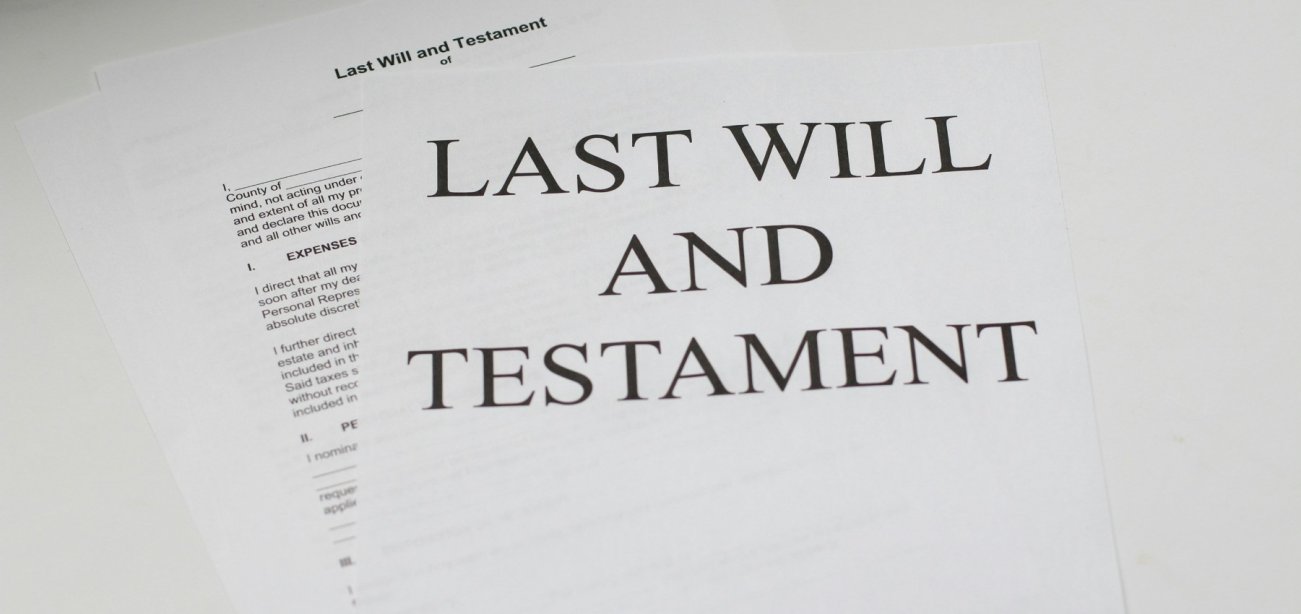15 September 2025

Should You Challenge a Will?
Will disputes are becoming more common, but challenging a will isn’t as simple as feeling something is unfair. To succeed, you need solid legal grounds, quick action, and careful preparation.
Common Pitfalls and How to Avoid Them
No Legal Basis for the Challenge
To dispute a will, you must establish valid legal grounds. These may include:
Gather strong supporting evidence such as medical records, witness statements, or handwriting analysis and consider entering a caveat at the Probate Registry to pause estate administration while your claim is reviewed.
Missing Critical Deadlines
Time limits vary depending on the nature of your claim:
Don’t delay. Seek legal advice as soon as concerns arise to preserve your right to challenge.
Weak or Incomplete Evidence
Even with valid grounds, a lack of compelling evidence can undermine your case. Build a robust file of documentation, medical assessments, statements from those close to the testator, and any records that show inconsistencies in their intentions.
The Cost of Litigation
Legal disputes over wills can be emotionally draining and financially risky. If your claim fails, you may be liable for the other party’s costs. Work with a solicitor to assess your chances of success. Mediation may offer a faster, more cost-effective resolution.
Mediation: A Sensible Alternative
Courts increasingly encourage parties to resolve disputes outside of litigation. Be open to alternative dispute resolution. Mediation can lead to mutually acceptable outcomes and reduce the financial and emotional toll.
Steps to Take If You’re Considering a Challenge
What If the Will Is Valid?
Even if the will stands, you may still be entitled to financial provision from the estate under the Inheritance Act 1975. You could qualify if:
In these cases, a solicitor can help you assess your eligibility and build a strong claim.
Speak to our team
Our Disputes and Litigation team has extensive experience in contested probate and Inheritance claims. With offices in Bournemouth, Winton, Moordown and Highcliffe, we’re here to provide clear, practical advice tailored to your situation.
Contact us today to discuss your case and explore your options with confidence. Call 01202 294411 or send us a message online: Contact Us AB Solicitors For Your Legal Needs